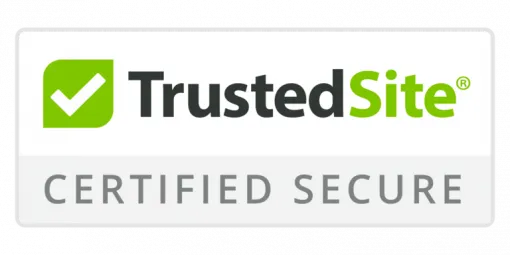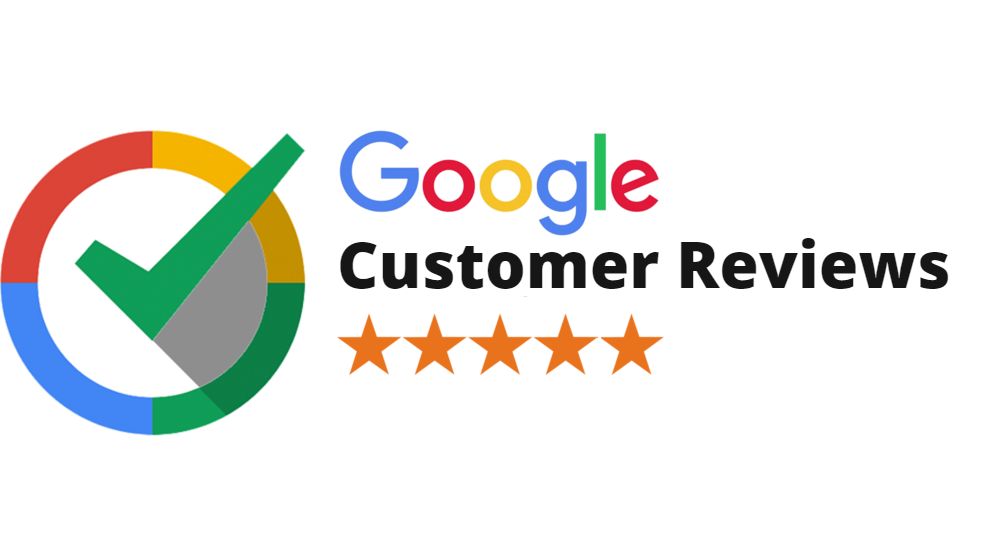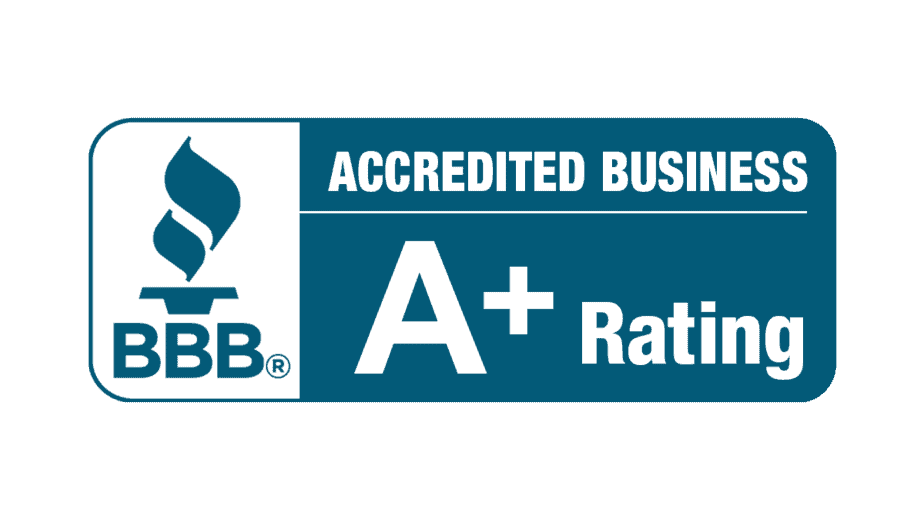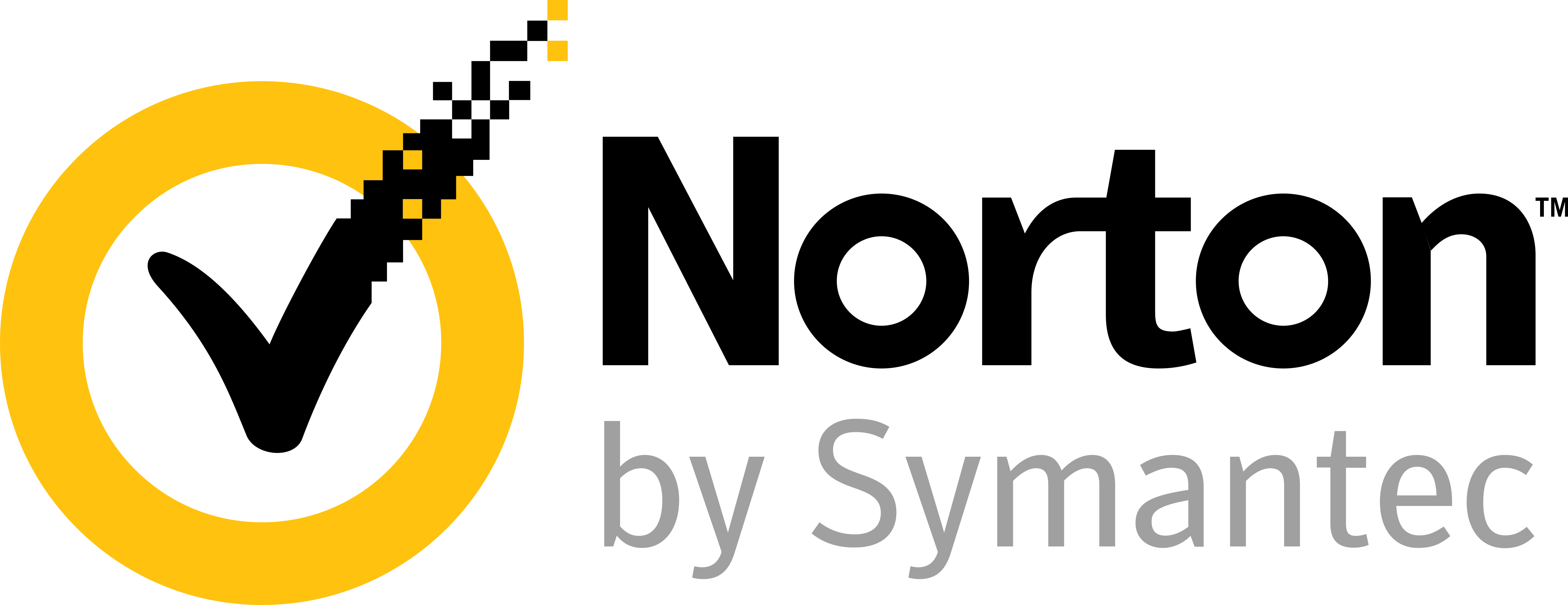Medical translation services connect healthcare providers with linguistically diverse patients by bridging language gaps. To implement this side hustle, you'll need to understand the healthcare industry's language access requirements and the regulations surrounding medical translation.
The following steps outline how to offer medical translation services:
- Identify your niche: Determine which languages you'll specialize in and the specific medical translation services you'll offer (e.g., document translation, interpretation, or subtitling).
- Develop a team of translators: Hire or partner with medical translators who possess expertise in your chosen niche and are proficient in the required languages.
- Understand relevant regulations: Familiarize yourself with laws and standards governing medical translation, such as HIPAA and the International Organization for Standardization (ISO) 13485.
- Create a workflow process: Establish a system for receiving and managing translation requests, ensuring timely and accurate delivery.
- Invest in translation memory and terminology tools: Utilize software that facilitates consistency and efficiency in your translation services.
- Establish a quality control process: Develop a system to review and proofread translations, ensuring accuracy and quality.
- Market your services: Reach out to healthcare providers, highlighting the benefits of your medical translation services and showcasing your expertise.
- Monitor and adapt: Continuously assess and improve your services to meet the evolving needs of healthcare providers and their patients.
Benefits of Medical Translation Services
Offering medical translation services can be a lucrative side hustle for those with strong language skills and medical knowledge. By providing translation services, individuals can help healthcare providers bridge language gaps and ensure that patients with limited English proficiency receive accurate diagnoses, treatments, and care instructions. This not only leads to improved patient outcomes but also creates a demand for skilled translators who can facilitate effective communication between healthcare providers and patients from diverse backgrounds.
As a side hustle, medical translation services can generate a steady income stream. Healthcare providers are willing to pay for translation services to reduce the risk of medical errors, misdiagnoses, and unnecessary procedures, ultimately leading to cost savings and improved resource allocation.
Additionally, providing language access can lead to increased patient satisfaction, loyalty, and positive word-of-mouth, making it a valuable service that healthcare providers are willing to invest in. With the rise of telemedicine and online healthcare services, the demand for medical translation services is likely to increase, creating new opportunities for side hustlers with the necessary skills.
Language Access for Healthcare Providers
Freelance medical translators and interpreters can offer language access solutions to healthcare providers, enabling them to cater to patients with limited English proficiency. By providing medical translation services, freelancers can help healthcare providers develop a comprehensive language access plan that addresses patient needs throughout their care journey.
| Language Access Component | Description | Benefits |
|---|---|---|
| Interpretation Services | Verbal communication assistance for healthcare providers | Opportunity to offer services to healthcare clients |
| Translation Services | Written communication assistance for healthcare providers | Potential to expand client base to healthcare industry |
| Language Proficiency Assessment | Evaluation of patient's language proficiency for healthcare providers | Chance to offer specialized language assessment services |
| Cultural Competency Training | Education on cultural nuances and differences for healthcare providers | Opportunity to develop and sell cultural competency training programs |
Choosing a Translation Service Provider
Selecting the right translation service provider is a crucial step for freelancers seeking to bridge the language gap and guarantee accurate communication with clients in their side hustle. With numerous providers offering translation services, it's vital to conduct a thorough evaluation to confirm the chosen provider meets the freelancer's specific needs.
When evaluating potential providers, freelancers should consider several key factors, including the provider's experience in translation, their understanding of industry regulations, and their ability to meet tight deadlines.
Cost considerations also play a significant role in the decision-making process, as freelancers must balance the need for high-quality translation services with budget constraints.
A thorough service evaluation should also involve reviewing the provider's technology infrastructure, data security measures, and customer support.
Ensuring Translation Quality and Accuracy
As a side hustler offering translation services, delivering high-quality and accurate translations is crucial for building a strong reputation, securing recurring clients, and expanding your business.
To ensure top-notch translation quality, freelancers must employ reliable techniques that prioritize the intricacies of specialized terminology. This demands meticulous attention to detail, contextual understanding, and linguistic expertise.
Key considerations for ensuring translation quality and accuracy in your side hustle include:
- Domain expertise: Translators must possess in-depth understanding of industry-specific terminology, procedures, and concepts to convey complex information accurately.
- Cultural adaptation: Translations must account for cultural differences and nuances that impact client comprehension and satisfaction.
Compliance With Language Access Regulations
As a side hustler offering medical translation services, ensuring compliance with language access regulations is crucial to serving diverse patient populations and avoiding potential risks associated with non-compliance. Familiarity with federal language access requirements, including Section 1557 of the Affordable Care Act and Title VI of the Civil Rights Act of 1964, is essential to maintaining regulatory compliance.
To provide compliant language access services, consider partnering with healthcare providers that adhere to these regulations, providing interpreters and translated materials to patients with limited English proficiency.
Failure to comply can result in severe penalties, including fines and loss of federal funding. Effective language access enforcement guarantees that patients receive accurate and timely care, regardless of their language proficiency.
Conclusion
A delicate bridge of language connects the islands of medical knowledge and patient understanding.
Without this bridge, essential information may sink into the depths of miscommunication.
Medical translation services fortify this bridge, securing the safe passage of critical information.
As healthcare landscapes continue to evolve, the importance of these services will only deepen, ensuring the delivery of compassionate, informed care to an increasingly diverse population, and fostering a sanctuary of trust and understanding.

















































0
View comments